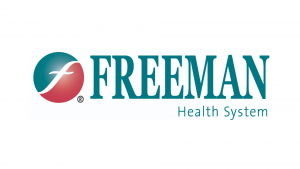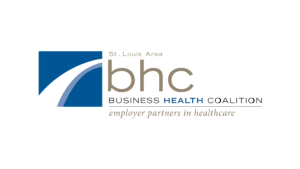Joplin area residents are encouraged to participate in this year’s March O’ the Kidney, a one-mile walk held annually inside Joplin’s Northpark Mall during National Kidney Month in March.
The primary goal behind March O’ the Kidney is to raise awareness and educate people about their kidneys and the potential risks factors – diabetes, high blood pressure, obesity – that are often associated with the disease.
One hundred percent of all proceeds go directly to the Freeman Dialysis Patient Assistance Fund, which financially helps dialysis patients suffering from chronic kidney disease with additional costs from medications, nutritional supplements, medical equipment and transportation to and from live-saving appointments. This assistance is absolutely crucial for these men and women when lengthy treatments – four hours a day, three days a week – make it difficult for them to maintain full-time jobs.
According to the Centers for Disease Control and Prevention, 37 million American adults suffer from chronic kidney disease. Sadly, it remains a leading cause of death for adults in the United States. Every 24 hours, 360 people begin dialysis treatment for kidney failure.
The Walk’s registration is $15 at the door on Saturday. For more information, visit freemanhealth.com/marchothekidney.


